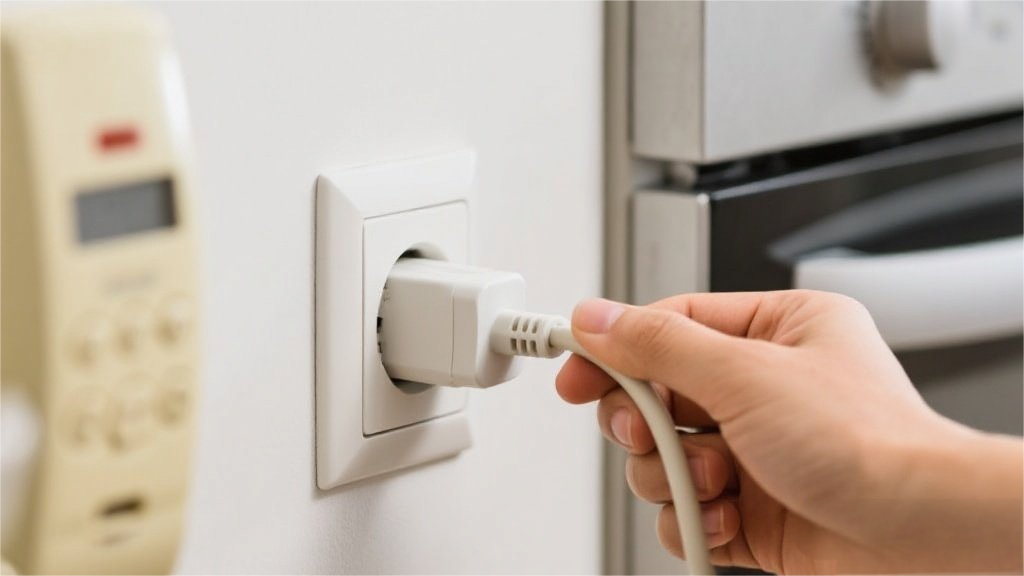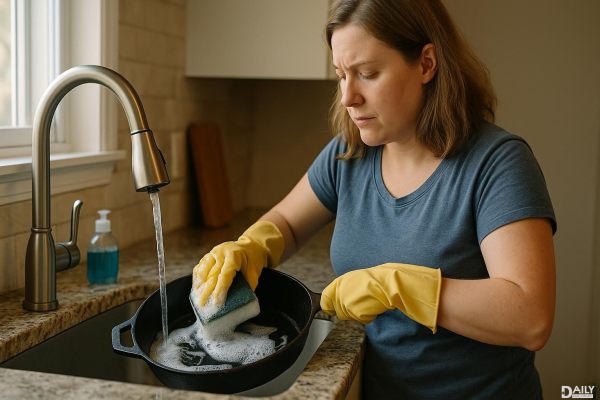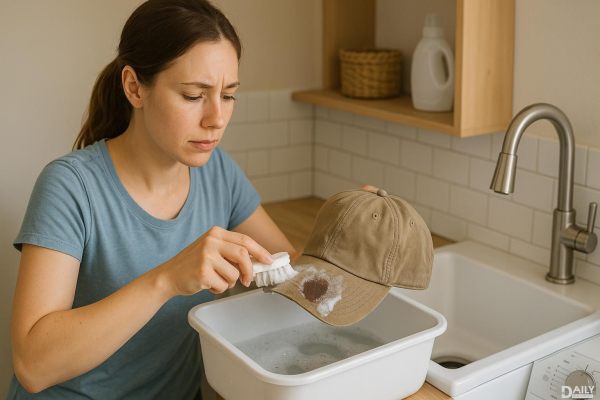Reaching for melatonin in the middle of the night might seem like a quick fix when you're staring at the ceiling at 3 a.m., but sleep experts warn it could backfire. While melatonin is generally safe, taking it after you've already fallen asleep can throw off your natural sleep-wake cycle, leaving you groggy and even more out of sync. Instead of relying on a supplement mid-sleep, experts recommend timing your dose correctly—ideally an hour before bed—and addressing the root cause of your nighttime wake-ups.
Why Midnight Melatonin Might Mess You Up
Melatonin isn't a sedative—it's a hormone that signals to your brain that it's time to wind down. When you take it after waking up in the middle of the night, you're essentially sending mixed signals to your body. Dr. Michael Breus explains that this can disrupt your circadian rhythm, making it harder to wake up feeling refreshed. Plus, if you're already groggy from poor sleep, adding melatonin into the mix can amplify that sluggishness, turning your morning into a caffeine-dependent slog.
The Right Dose (And the Wrong One)
More isn't always better when it comes to melatonin. Dr. Breus notes that high doses (think 5 mg or more) can lead to bizarre dreams or even nightmares, which is the last thing you need when you're already struggling with sleep. Most adults only need between 0.3 and 2 mg to see benefits. If you're dealing with jet lag or shift work, Dr. Max Kerr suggests a slightly higher dose (around 5 mg) to reset your internal clock—but this should be a short-term solution, not a nightly habit.
When to Skip the Supplement Altogether
If you're popping melatonin more than a few times a week for months on end, it's time to dig deeper. Chronic sleep issues—like waking up gasping for air or feeling exhausted no matter how early you hit the hay—could point to conditions like sleep apnea or insomnia. Dr. Kerr emphasizes that melatonin isn't a cure for these problems; it's a temporary band-aid. Relying on it long-term without addressing the underlying cause could mean missing a serious health issue that needs professional treatment.
Better Ways to Stay Asleep (Without Pills)
Before you raid the supplement aisle, try tweaking your nighttime routine. Dimming lights an hour before bed, keeping your bedroom cool, and avoiding screens can work wonders. Regular exercise (but not too close to bedtime) and cutting back on afternoon caffeine also help regulate your natural sleep drive. If you've tried all the usual tips and still can't stay asleep, a sleep specialist can help pinpoint whether your midnight wake-ups are due to stress, hormones, or something more complex.
Melatonin isn't inherently bad—it's just not the magic bullet many sleep-deprived people hope for. Timing your dose correctly, using the smallest effective amount, and pairing it with healthy sleep habits will give you better results than desperately gulping it down at 2 a.m. And if your sleep struggles persist? That's your cue to call in the pros instead of self-medicating with over-the-counter supplements.
























